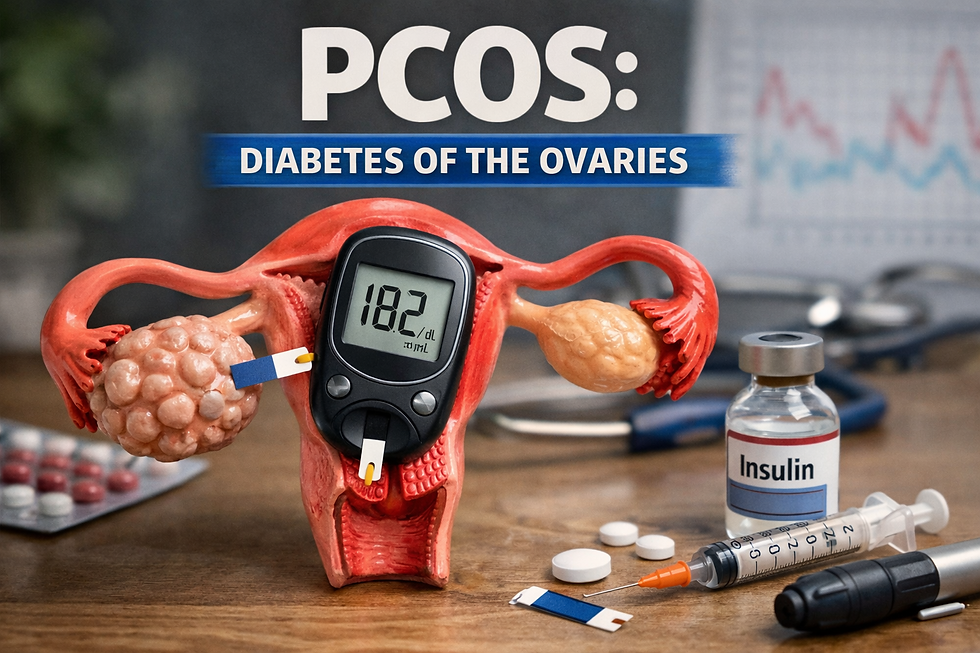The Impact of Gluten on Hypothyroidism: Understanding the Connection
- Angelica Clark
- Jun 25, 2023
- 2 min read
Hypothyroidism, a condition characterized by an underactive thyroid gland, affects millions of people worldwide. This condition can lead to a range of symptoms, including fatigue, cold sensitivity, dry skin, hair loss, infertility, brittle nails, high cholesterol, weight gain, and mood changes. While managing hypothyroidism often involves medication and lifestyle adjustments, some individuals have reported a worsening of symptoms when consuming gluten. Therefore, eating gluten can exacerbate hypothyroidism symptoms.

Before exploring the gluten-hypothyroidism connection, it's essential to comprehend hypothyroidism itself. The thyroid gland, located in the neck, produces hormones that regulate metabolism, growth, and development. When the thyroid gland fails to produce an adequate amount of these hormones, the body's functions slow down, resulting in hypothyroidism.
Gluten: What is it? Gluten is a protein found in wheat, barley, rye, and related grains. It provides elasticity to dough and is commonly found in various food products such as bread, pasta, and baked goods. While most individuals tolerate gluten without issue, some people experience adverse reactions to this protein.
The Role of Gluten in Hypothyroidism:
1. Autoimmune Connection:
Many cases of hypothyroidism are caused by an autoimmune condition called Hashimoto's thyroiditis. In this condition, the immune system mistakenly attacks the thyroid gland, leading to its inflammation and reduced hormone production. Research suggests a link between gluten and autoimmune disorders. Consuming gluten may trigger an autoimmune response in susceptible individuals, potentially worsening thyroid inflammation and the progression of hypothyroidism.
2. Intestinal Permeability:
Gluten can contribute to intestinal permeability or "leaky gut syndrome." When the gut lining becomes compromised, it allows substances that are not properly digested, including gluten molecules, to leak into the bloodstream. This triggers an immune response and inflammation, which can potentially affect the thyroid gland. In individuals with hypothyroidism, an already compromised thyroid may be further impacted by the inflammatory response caused by gluten consumption.
3. Nutrient Absorption:
Hypothyroidism can hinder the absorption of essential nutrients, such as iron, selenium, and zinc, which are crucial for thyroid function. Gluten, particularly in individuals with celiac disease or gluten sensitivity, can further impair nutrient absorption by damaging the intestinal lining. This can exacerbate the nutrient deficiencies associated with hypothyroidism, potentially amplifying its symptoms.
While further research is needed to fully understand the relationship between gluten and hypothyroidism, anecdotal evidence and some scientific studies suggest that individuals with hypothyroidism may experience worsened symptoms when consuming gluten. If you have hypothyroidism, consider discussing a gluten-free diet with your healthcare professional, especially if you have celiac disease or suspect gluten sensitivity. Implementing dietary changes under medical guidance may help alleviate symptoms and promote overall well-being.
(254) 386-8149





Comments